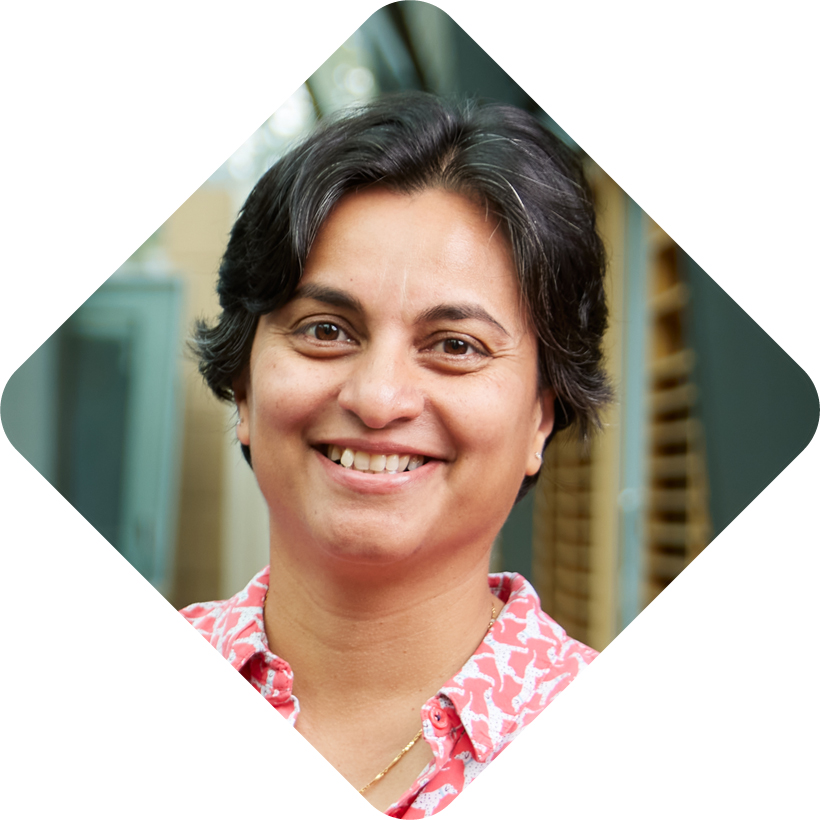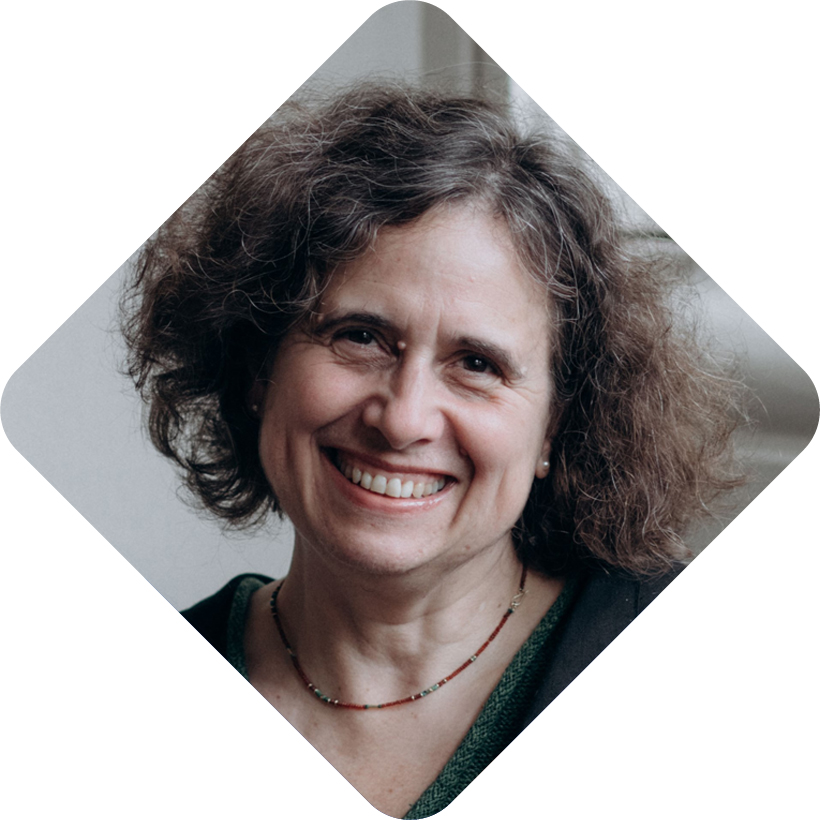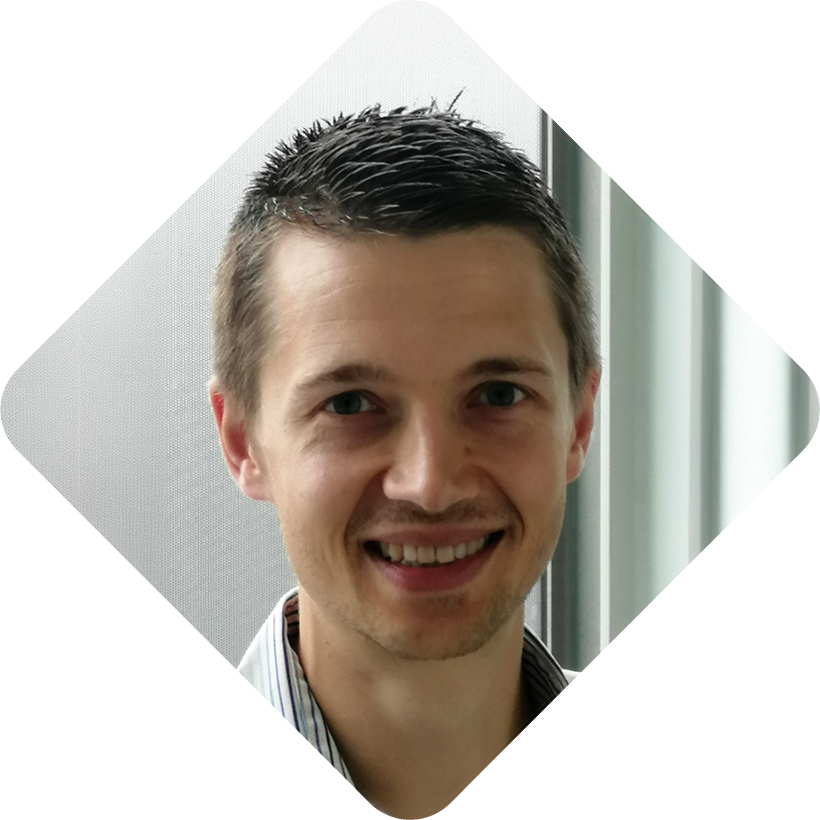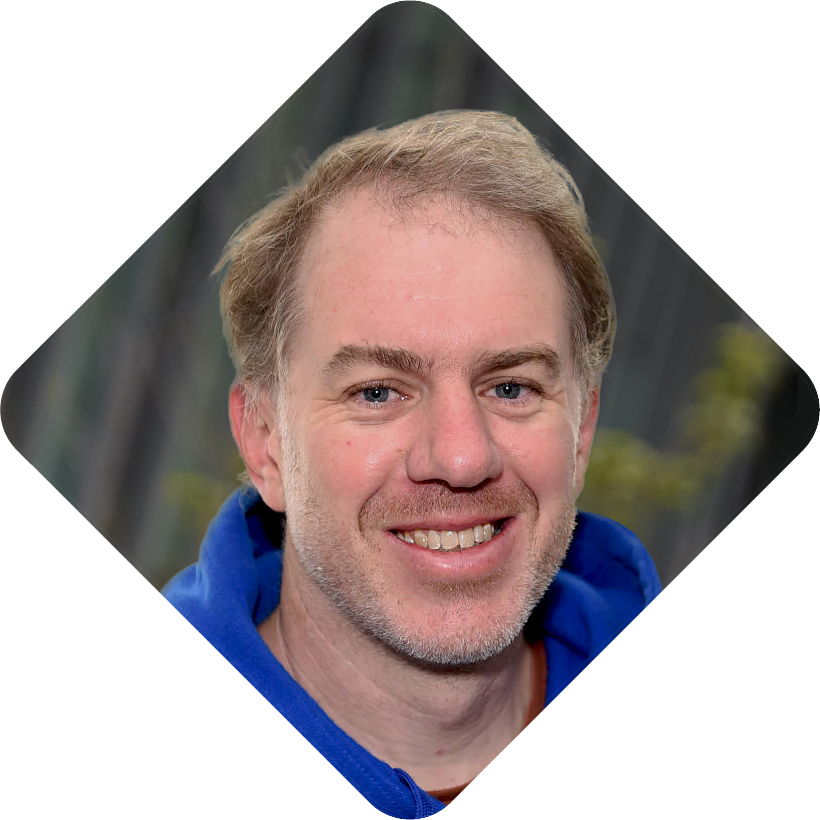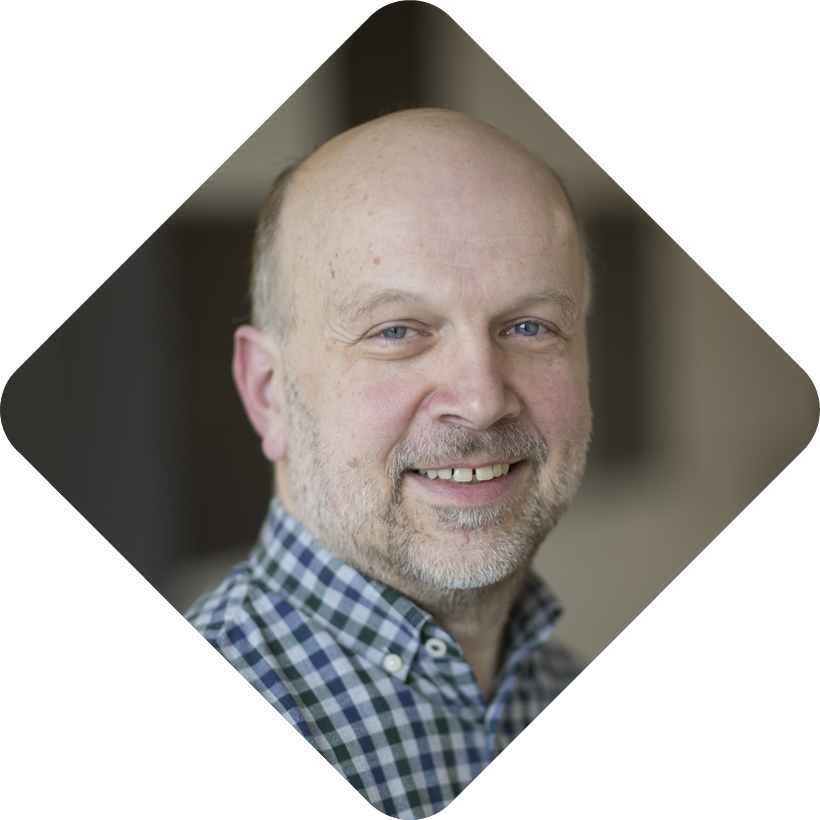Genomics Futures workshop: Understanding and engineering genomes and cells for the future
Understanding and engineering cells and genomes for the future
27th – 28th February 2025, Wellcome Genome Campus, UK
Our ability to understand and manipulate cells and organisms is accelerating at an unprecedented rate, driven by technological advances. The next 25 years offer the opportunity to master biology and create new biological structures from scratch, from genomes to protein assemblies, cells to whole animals or plants and even the necessary knowledge to survive on an unstable planet.
By 2050, digital twins will allow clinicians to predict the impact of molecular perturbations on the body’s physiological functions. Rather than looking at cells, tissues or organs in isolation, our multiscale analyses will reveal how systems within the body are coordinated and interconnected, and how what’s happening in one part of the body can affect other parts. This, in turn, will guide our engineering efforts to create any cell or biological function, and exploration of the ethical, legal and social contexts of genomics will guide discussions to ensure positive impacts for all of humanity.
This is just one articulation of the future, so we’re hosting workshops bringing together global thought leaders to envision other futures and catalyse the next 25 years of genomics research.
This workshop will explore challenges within three main themes:
- Deconstructing and reconstructing the units of life. What are the units of life we need to engineer biology?
- Is it more effective to work with what nature gave us or create our own building blocks? What challenges are associated with each approach – and are there alternative approaches?
- How can we create models that mimic the interactions within our body at different scales (from cell organoids to whole systems) and predict the effects of changes that may affect them? If biological systems are greater than the sum of their parts, how do we understand the properties that emerge when parts of the system interact?
How the workshop will run
This two-day workshop will surface 25-year visions for understanding and engineering, explore three “grand challenges” and the pathways to addressing them, and discuss the fundamental debate over the value of a holistic understanding of biological systems versus understanding enough to develop predictive models and engineer biology.
 The workshop will enable you to gather with world-leading experts from a wide range of relevant disciplines to imagine how we can best deliver greater understanding and engineering of genomes and cells. In coming together, we hope to generate discussion and debate that informs the trajectory of these challenges and surfaces opportunities to collaborate across disciplines and sectors.
The workshop will enable you to gather with world-leading experts from a wide range of relevant disciplines to imagine how we can best deliver greater understanding and engineering of genomes and cells. In coming together, we hope to generate discussion and debate that informs the trajectory of these challenges and surfaces opportunities to collaborate across disciplines and sectors.
We hope that this workshop will be the beginning of a conversation that will be taken forward by everyone present to realise novel ways of delivering future research and health benefits through the understanding and engineering cells and genomes. To drive change and delivery, we’ll produce a report and summary illustrations of the 25-year vision and the group’s perspectives on grand challenges for the next 25 years and pathways to addressing a selection of these challenges.
Workshop preparation: Sketching out your grand challenges for 2050
 Imagine it’s 2050, and we can synthesise any genome or cell. Our ability to engineer cells and genomes facilitates dramatic breakthroughs in previously intractable health, environmental and societal problems.
Imagine it’s 2050, and we can synthesise any genome or cell. Our ability to engineer cells and genomes facilitates dramatic breakthroughs in previously intractable health, environmental and societal problems.
We’d like to build a picture of what might be possible in 2050 and what obstacles we need to overcome to get there. Your input as participants will be vital to help us map out an ambitious and socially relevant future. Before the workshop, we invite you to share the grand challenge you see most pivotal to our understanding and engineering of cells and genomes over the next 25 years. For this exercise, we want you to consider actions unbounded by present-day constraints: if you could do anything, what bold moves would you take?
Use these guiding questions to frame your vision:
- The Grand Challenge: In a future where we can synthesise any genome or cell, what is one problem you’re most compelled to solve?
- Barriers and Pathways: What obstacles stand in the way of your vision? What systemic changes, collaborative efforts and technological developments are required to succeed?
- Learning from the past: Look back and reflect on the progress of bioengineering to date. What successes can we build on as we pursue this goal? What missteps or failures can we learn from?
We encourage you to articulate visions that stimulate debate and promote collaboration. These visions will provide a foundation for the workshop and set the scene as we explore some specific grand challenges that have the potential to shape the future of genome and cell engineering. To ensure your grand challenge contributes to our workshop discussions, please take a moment to articulate your thoughts and share them with us via the following Google Form.
Professor Muzlifah Haniffa,
Wellcome Sanger Institute, UK
Professor Anne Ferguson-Smith,
University of Cambridge, UK
Tom Collins,
Wellcome, UK
Professor Ben Lehner,
Wellcome Sanger Institute, UK
Professor Bertie Göttgens,
University of Cambridge, UK
Related Genomics Futures Workshop

The ‘Future of Innovative Technologies for Measuring and Engineering Life‘ workshop happening on 25 and 26th of March 2025
Looking back at the last 25 years, it’s clear that biotechnology has advanced in ways once unimaginable – becoming cheaper, higher resolution, and capable of generating vast amounts of data. Looking forward, we need technologies that can measure life, predict disease, and engineer medicines. The ongoing genomics revolution is setting the stage for biological engineering approaches, founded on data generation at an unprecedented scale, to enter everyday life.
Learn more: https://www.sanger.ac.uk/innovation/innovative-technologies-for-measuring-and-engineering-human-biology/
Travel and Accommodation
 Travel Visas
Travel Visas
Citizens of many countries can travel to the UK to attend a workshop without needing a visa. Please check the UK government website for visitor information: https://www.gov.uk/standard-visitor.
Confirmed attendees requiring a letter to support a visa application should indicate this when registering.
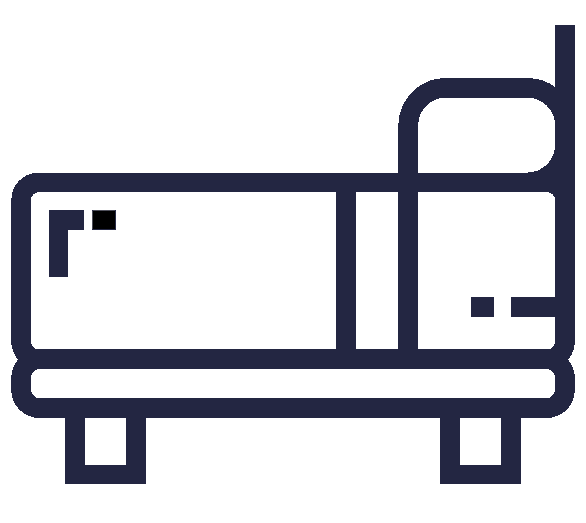 Accommodation
Accommodation
As part of the workshop invite, one night of accommodation is booked automatically when you select the accommodation option at registration. If you require any additional nights accommodation please indicate when registering.
Travel Terms
As our guest, we will provide you with a complimentary registration, accommodation and meals/refreshments during the event. We will also reimburse travel expenses to the the maximum stated on your invitation letter, subject to the following terms:
- Maximum amount is determined by your location and included the cost of ground transportation whether arranged by you or us
- Payment will be reimbursed in GBP, USD or Euro
- Travel is by the most economical method. If not then any excess will be at your expense
- If you require additional support due to a medical condition this will need to be pre approved, please contact genomicworkshops@sanger.ac.uk
- We cannot reimburse any accommodation costs that you may incur whilst travelling
- Original receipts should be retained
- Provide your own travel and medical insurance policy cover
- If you require a UK standard visitor’s visa, apply early (three months before you travel as processing time of visas is approx. 10 weeks). We cannot reimburse travel that has been paid for if a visa was not issued due to failure to apply in time
- To contribute to the overall success of the event, we request full commitment for the duration of the workshop.
Travel Allowances
| Your location | Max amount for travel expenses reimbursement (GBP)** |
| UK | Up to £250 (depending on location) |
| Europe | £500 |
| Medium haul i.e. USA/Canada – East Coast, Middle East, North Africa | £1,250 |
| Long haul i.e. USA/Canada – West Coast, Japan, Israel, Australia, Southern Africa | £1,500 |
Getting here
 Travelling by air
Travelling by air
The following are estimated travel times to the Campus:
- Cambridge City Airport 25 minutes
- London Stansted 30 minutes
- London Luton 1 hour
- London City 1 hour
- London Gatwick 1 hour 30 minutes*
- London Heathrow** 1 hour 30 minutes*
*We recommend you allow 2 hour journey time to Heathrow and Gatwick in case of traffic delays.
**You can catch the underground from Heathrow. However, the journey will take about one hour to get to Kings Cross. A quicker option would be to catch the Heathrow Express train, which would take you to Paddington station in London. You can then pick up the London Underground from Paddington to London Kings Cross which is only 5 stops away on the Circle Line.
From London Kings Cross you can catch a direct train to Cambridge which departs at 15 minutes and 45 minutes past every hour (depending on the time of day)
Alternatively you can take the London underground to London Liverpool Street and catch the train to Whittlesford Parkway station.
We recommend not taking a black cab from the airport unless pre-booked. London cabs will charge around £250 for the journey.
 Travelling by train
Travelling by train
The nearest railway station to the Campus is Whittlesford Parkway. A small, free shuttle bus runs between the station and the Campus. Please note all shuttle buses operate on a first-come-first-served basis and have limited operating times. Please check the timetables for all shuttle buses here.
Travellers from Cambridge railway station can use the shuttle bus stop at Centennial Hotel on Hills Rd, just left of the junction with Station Road.
No taxi ranks are present at Whittlesford Parkway, Great Chesterford, nor Audley End railway stations. If you require a taxi to collect you from these stations, we recommend pre-booking (see local taxi companies below). There is a taxi rank at Cambridge station.
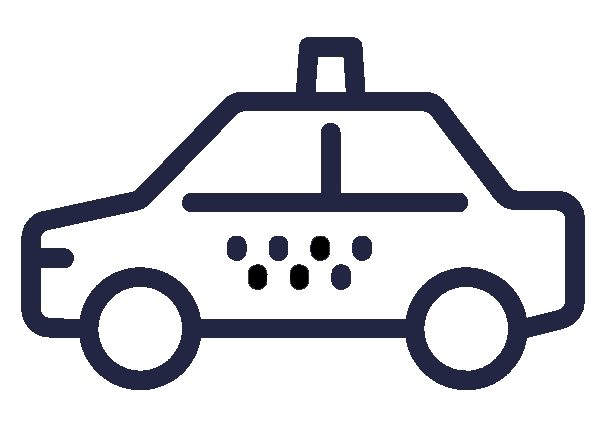 Local taxi companies
Local taxi companies
For Cambridge and the airports
Panther Taxis
+44 (0)1223 715715
Sawston Carriages (for all journeys)
mick@mickgomm.com
+44 (0)7449 822626
For Whittlesford Station & the Holiday Inn Express, Audley End & Great Chesterford Stations
City taxis + 44 (0)1223 832832
Crocus +44 (0)1799 525511
The cost of a taxi from Cambridge to the campus is ~£25, from Stansted Airport to the campus is ~£68 and from Heathrow Airport is ~£130. Please contact the taxi firm directly for a quote.
 Travelling by car
Travelling by car
There is ample onsite parking. The Conference Centre postcode is CB10 1RQ.
Please contact Amanda Fletcher, Events Lead: af18@sanger.ac.uk for a parking permit.
There is no charge for parking at the Conference Centre.
